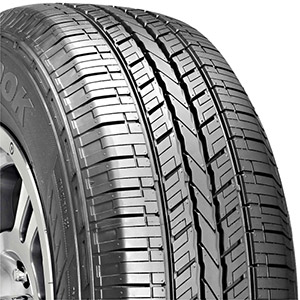Ways to Prevent Drafts from Coming Under Your Door
Keeping Air Out Under the Door Simple Strategies for a More Energy-Efficient Home
In the pursuit of a more energy-efficient home, one often overlooked aspect is the space under doors. Unsealed gaps beneath doors can allow drafts to enter or conditioned air to escape, driving up energy costs and reducing comfort. To maintain a stable indoor climate, it’s crucial to address these gaps and keep air out under the door. Here are some effective strategies to consider.
1. Weatherstripping A Cost-Effective Solution
Weatherstripping is one of the simplest and most effective ways to seal gaps under doors. Available in various materials, including foam, rubber, and vinyl, weatherstripping can be easily installed to create a tight seal. For doors that don’t close flush against the floor, apply a self-adhesive weatherstrip along the bottom edge. This will not only keep cold drafts out but also help maintain the warm air during winter.
2. Door Sweeps An Essential Addition
Adding a door sweep is another reliable method to block air flow. A door sweep is a long strip, usually made of rubber or plastic, that attaches to the bottom of the door. It creates a barrier that reduces air infiltration while also helping to prevent dust and insects from entering your home. When selecting a door sweep, ensure it is the correct length and can easily swing open without obstruction.
3. Utilize Draft Stoppers
keep air out under door

For a less permanent solution, draft stoppers can be an excellent choice. These fabric tubes can be placed at the base of doors to block drafts effectively. They are easy to use and can be moved whenever necessary. Many homeowners appreciate the versatility of draft stoppers, as they come in various colors and designs, adding a decorative touch while serving a functional purpose.
4. Adjust Door Heights
Sometimes, the best way to reduce airflow under a door is to adjust its height. If feasible, consider lifting the door slightly, ensuring it no longer drags on the floor. However, this solution may require professional assistance, particularly if it affects the door’s hinges or alignment.
5. Insulate
Last but not least, consider insulating the door itself. If you live in an area with extreme temperatures, adding a layer of insulation can significantly reduce heat loss. Insulated doors help keep your living space more comfortable while reducing your reliance on heating and cooling systems.
Conclusion
Sealing gaps under doors is a simple yet effective way to enhance your home’s energy efficiency. With a variety of solutions available, such as weatherstripping, door sweeps, draft stoppers, and proper insulation, homeowners can take proactive steps to keep air out and maintain a comfortable living environment. Not only will these changes help save on energy costs, but they’ll also contribute to a more sustainable lifestyle. Investing time and effort into these simple home improvements will yield significant benefits in comfort and savings for years to come.
-
Silicone Seal Strip: The Ultimate Solution for Your Sealing NeedNewsNov.01,2024
-
Keep the Heat: The Importance of Seal for Oven DoorsNewsNov.01,2024
-
Essential Guide to Corner Protectors for Your FurnitureNewsNov.01,2024
-
Enhance Your Home with Silicone SolutionsNewsNov.01,2024
-
Efficient Maintenance of Melamine Sealing StripsNewsNov.01,2024
-
Comparison of Different Edge Sealing ProcessesNewsNov.01,2024
-
Types of Door Bottom Seal Strips and Their Best UsesNewsOct.25,2024